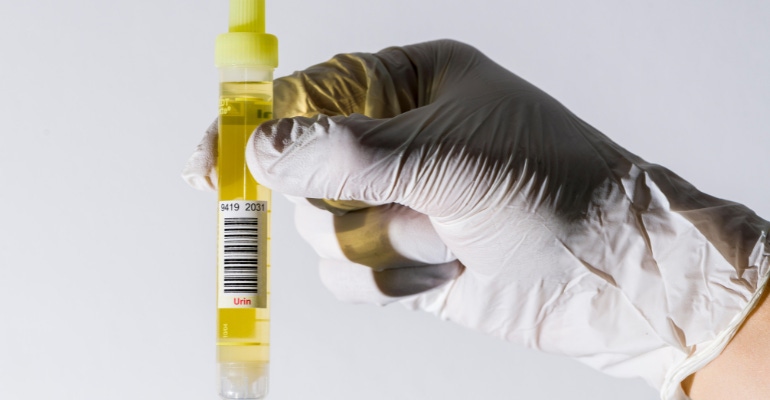Predicine Launches Liquid Biopsy Assay in Europe
The company's liquid biopsy assay is designed to target 152 genes in patients diagnosed with cancer.
August 11, 2022

Predicine has launched its CE-marked PredicineCARE for genomic profiling in blood and urine in Europe.
The cell free DNA (cfDNA) assay is a targeted next-generation sequencing (NGS) assay for the detection of single nucleotide variants, insertions and deletions, DNA re-arrangements, and copy number variations in patients diagnosed with cancer. PredicineCARE targets 152 genes, including guideline-recommended gene targets known to be actionable and linked to available therapies or clinical trials, the company said. The assay has been used in clinical trials, patient testing, and the development of companion diagnostics.
“Launching PredicineCARE as the first CE-IVD marked product is a significant milestone and aligns with the organization’s strategy to provide affordable and accessible molecular testing solution in the European market,” said Shidong Jia, Predicine’s founder and global CEO.
Predicine is developing cell-free DNA- and cell-free RNA-based liquid biopsy technologies to enable minimally invasive molecular diagnosis for early cancer detection, treatment selection, therapy response, minimal residual disease monitoring, and disease progression. The Predicine portfolio includes blood-, urine-, and tissue-based NGS assays.
Predicine impresses researchers in direct comparison study
In May, Predicine touted the results of a new research study that demonstrated superior performance of the PredicineATLAS liquid biopsy next-generation sequencing (NGS) assay compared to four other leading liquid biopsy assays for key metrics. The manuscript, “Direct comparison of circulating tumor DNA sequencing assays with targeted large gene panels,” was published in the journal PLOS ONE.
The side-by-side study was led by a team of Bristol Myers Squibb (BMS) scientists who evaluated five leading large gene panel circulating tumor DNA (ctDNA) NGS assays. Identical blinded reference panels that simulated clinical cell-free DNA samples were supplied to and tested by each vendor. Resulting data was summarized and delivered to BMS scientists who performed detailed unbiased analyses of each assay’s performance.
The study found that in key metrics, including detection sensitivity, specificity, accuracy, and reproducibility, the 600-gene PredicineATLAS (referred to as Assay B in the study) outperformed all other tested assays. For example, at the low DNA input level (10ng), PredicineATLAS delivered the highest sensitivity among all assays. In addition, PredicineATLAS demonstrated 100% specificity (i.e., no false positives). In terms of accuracy, PredicineATLAS most closely mirrored the expected mutation fraction, especially at low level (0.125%), delivering the highest accuracy among the five tested assays. Of note, the study also reported that PredicineATLAS not only exhibited the highest median coverage depth at the low DNA input level (10ng), but also the highest background noise filtration rate, highlighting the robustness of the Predicine NGS workflow and bioinformatics pipeline. In addition, the Predicine assay was also the only liquid biopsy platform examined in the study capable of detecting gene deletion or copy number reductions (CNR).
“Assay B eliminated over 95% of background noise through its bioinformatics pipeline without using a germline DNA sample as a control. This is impressive, considering Assay B also achieved the highest sensitivity among the five assays," the authors wrote.
“Liquid biopsy assays with large gene panels have not been systematically assessed through direct comparison studies,” said Massimo Cristofanilli, director of breast medical oncology and associate director for precision oncology at the Sandra and Edward Meyer Cancer Center at Weill Cornell Medicine, who was not involved in this study. “This study shows that, while all technologies show comparable sensitivity, some differences emerge. I believe that the results of this study are highly informative and provide a desired framework to evaluate and select suitable liquid biopsy assay platforms for clinical implementation including patient testing, clinical trial, and companion diagnostics (CDx) development.”
About the Author(s)
You May Also Like




